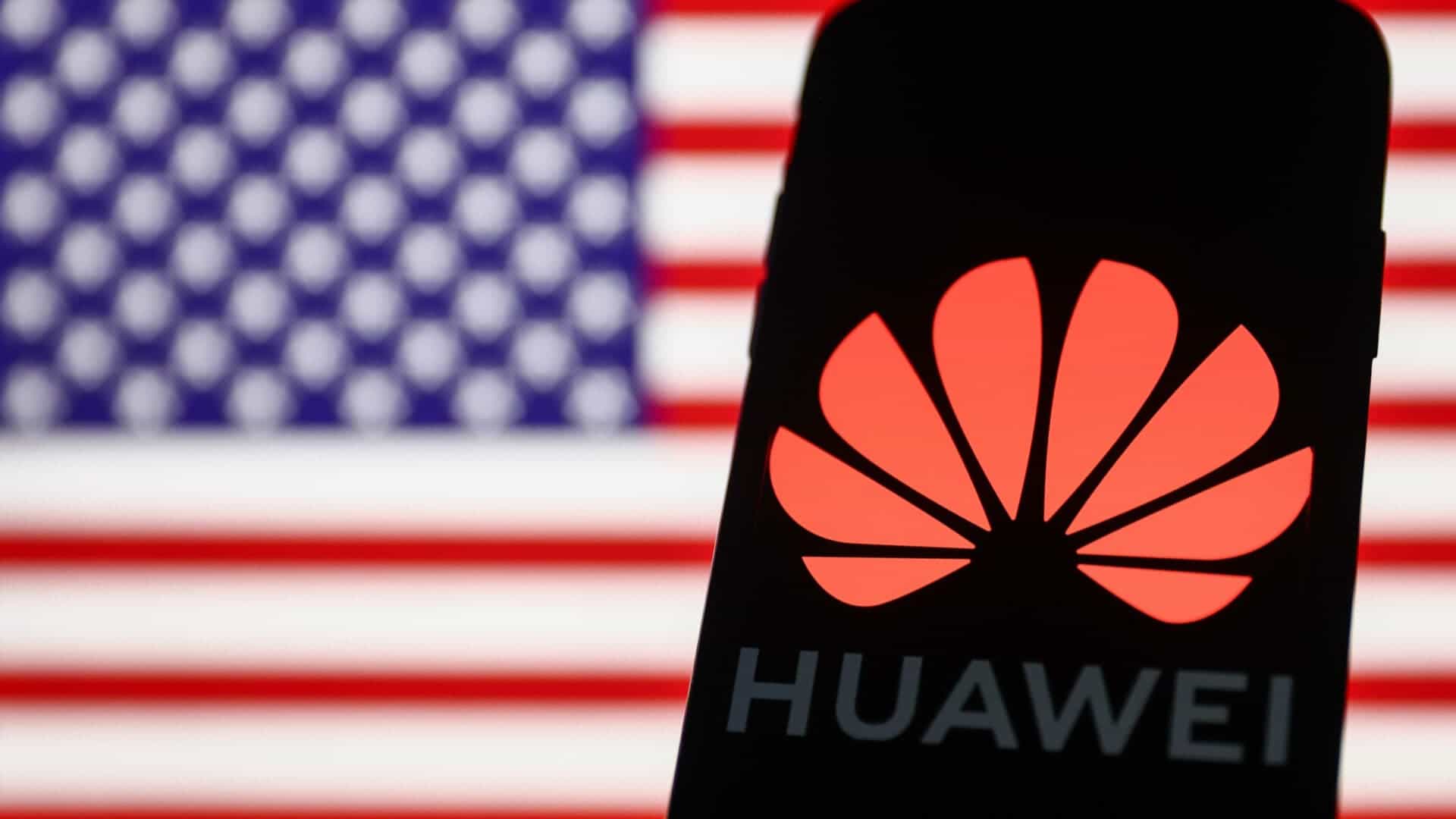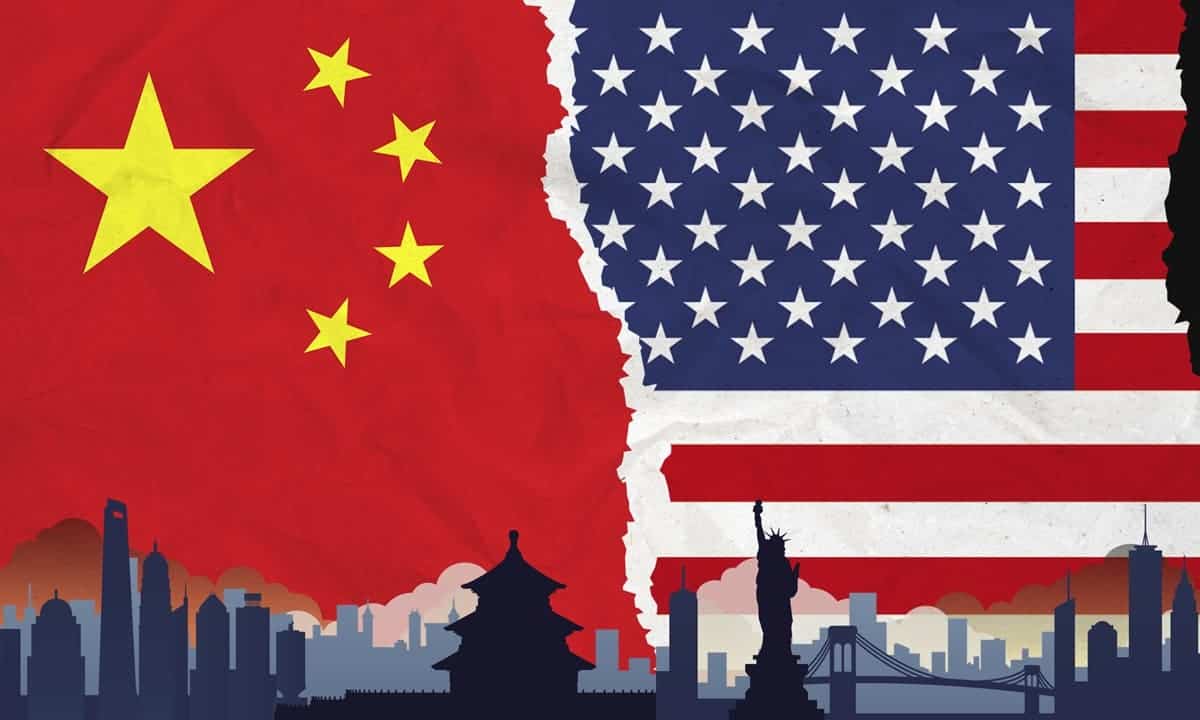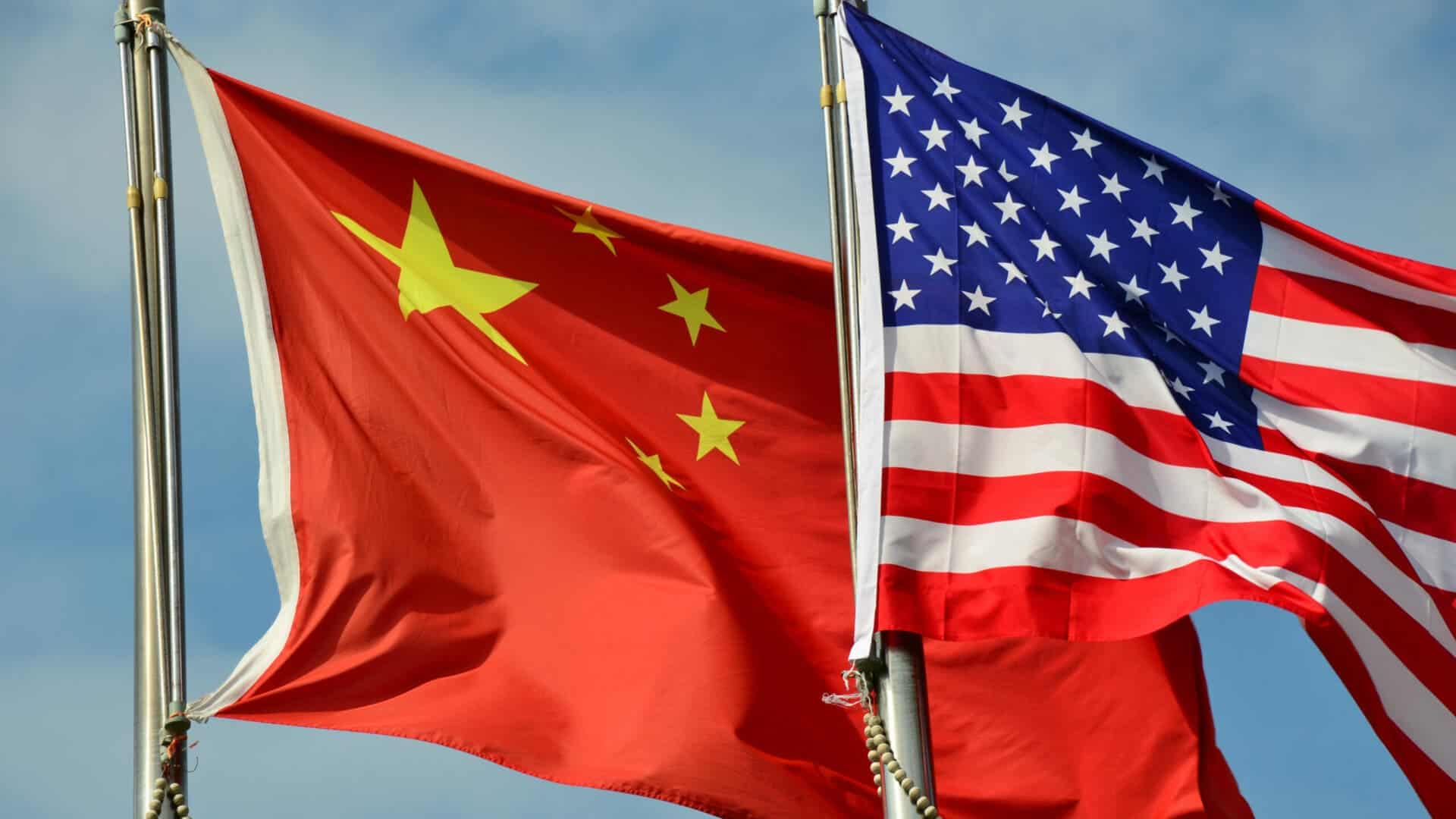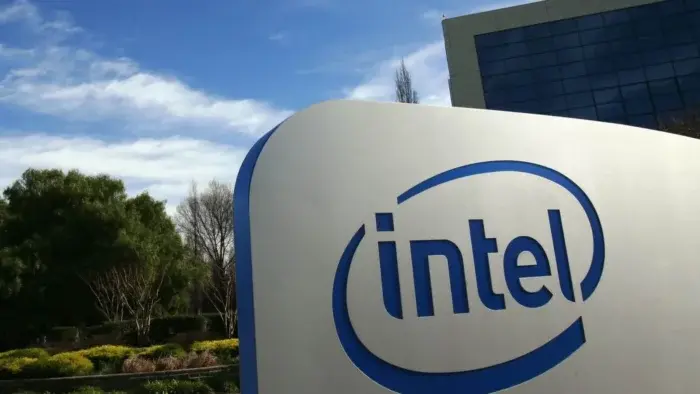U.S. Secretary of State Antony Blinken recently discussed the United States’ trade restrictions on China, emphasizing that these measures are not aimed at curbing China’s growth or trade. His comments came in response to Huawei’s launch of new laptops equipped with Intel’s Meteor Lake chips, highlighting the AI capabilities of these devices. Speaking on NPR during his trip to Beijing, Blinken noted that the U.S. is specifically targeting only the most sensitive technologies that could threaten national security, not general trade or economic growth. He pointed out that the availability of new Huawei laptops using Intel technology is evidence that the U.S. actions are focused and not intended to contain China’s technological or economic development.
When the U.S. imposed severe sanctions on Huawei’s largest chip supplier in 2020, citing concerns that China’s biggest consumer chip manufacturer could potentially supply the Chinese military, it seemed Huawei might face significant setbacks. Despite these challenges, Huawei has notably recovered, with its sales in China increasing by 11% in 2023. U.S. Secretary of State Antony Blinken views this recovery as evidence that the sanctions are specifically in place due to military concerns rather than stifling Chinese businesses. However, Chinese citizens perceive Huawei’s rebound as an indication that U.S. sanctions are ineffective against China’s consumer market, suggesting resilience and adaptability in the face of international trade pressures.
U.S Aiming to Slow Down China in Semiconductor Advancement

Some U.S. legislators are actively pushing to curtail China’s advancements in semiconductor technology, aiming to impact the country’s overall growth. Congressman Michael McCaul (R-TX) has been at the forefront of these efforts. Initially, in October, he advocated for banning China from accessing the RISC-V open-source chip instruction set, a crucial technology in chip development. More recently, he has called for the revocation of Huawei’s license to purchase Intel chips for their laptops. These actions underscore the ongoing tension between the U.S. and China over technological supremacy and economic security.
Congressman Michael McCaul has expressed concerns about the Chinese Communist Party (CCP) exploiting the RISC-V architecture, which is an open-source set of instructions in chip design. McCaul argues that this usage by China represents an attempt to circumvent the dominance of U.S.-held intellectual property in the semiconductor industry. He contends that American entities should not aid a tech transfer strategy that undermines U.S. export control laws.
McCaul’s position has garnered bipartisan support among U.S. lawmakers, who are urging the Biden administration to tighten restrictions on Chinese companies’ access to non-Chinese technologies, particularly in computer chip production. Notably, while RISC-V often associates with U.S. technology due to its widespread use by American companies. It is actually a standard by a Swiss organization, emphasizing the global nature of the technology and complicating the geopolitics of tech regulation.
China Responds to the U.S 
China has responded critically to U.S. Secretary of State Antony Blinken’s comments and broader U.S. policy, arguing that the measures taken against Chinese companies are excessive and constitute an overreach. Tan Jian, China’s ambassador to the Netherlands, articulated this sentiment by labeling the U.S. actions as “hegemonic.” He criticized the expansive U.S. interpretation of security concerns, suggesting that it extends to areas unrelated to military risks and pressures U.S. allies to adopt similar stances. Ambassador Tan Jian further accused the United States of engaging in what he termed “threatening diplomacy,” implying a contradiction in the U.S. approach that accuses China of threats while itself engaging in coercive tactics on the international stage. This exchange highlights the deepening rift and ongoing tension between the U.S. and China regarding technology control and national security.
Taiwan plays a critical role in the global semiconductor industry, primarily due to its homegrown company, Taiwan Semiconductor Manufacturing Company (TSMC). As the world’s leading manufacturer of microprocessors, TSMC is an indispensable supplier to major tech firms like Nvidia, AMD, Intel, as well as U.S. defense contractors. The company’s capabilities are so vital that any disruption in its operations could significantly impact the global supply of processors.
Recognizing the strategic importance of TSMC, particularly in the context of the ongoing geopolitical tensions and the “Chip War” with China, the United States has taken significant steps to ensure a more secure and resilient supply chain. One of these steps includes incentivizing TSMC to establish manufacturing facilities in the U.S. The U.S. government is providing $11.6 billion to assist TSMC in opening fabrication plants on American soil. This move is going to reduce dependence on overseas semiconductor manufacturing, particularly from regions where political tensions could threaten supply continuity and strengthening the U.S.’s own technological and defense capabilities.
The U.S China Trade War 
The ongoing “Chip War” between the U.S. and China, marked by trade restrictions and geopolitical tensions, will likely persist as both sides navigate the complexities of global trade and technology competition. Secretary of State Antony Blinken’s recent comments attempting to downplay the aggressive nature of U.S. trade actions will be critically examined by both the U.S Congress and Chinese officials. His remarks come at a sensitive time when the U.S. is trying to balance national security concerns with maintaining robust trade relations.
The imminent expiration of Intel’s license to sell to Huawei later this year marks a potential flashpoint in these tensions. This expiration will test the U.S. government’s stance on allowing American firms to do business with Chinese companies perceived as national security risks. As Intel seeks to renew its license, other semiconductor manufacturers like AMD and MediaTek, previously excluded from such exceptions, may also push for the opportunity to sell their chips to Chinese Original Equipment Manufacturers (OEMs). This situation could lead to increased competition among chipmakers and further complicate the diplomatic landscape as each company vies for a share of the lucrative Chinese market while navigating the U.S. regulatory environment.
The outcome of these developments will have significant implications for the semiconductor industry, affecting global supply chains and international relations. The U.S. and China will continue to grapple with finding a balance between economic interdependence and strategic autonomy, influencing the global economic and political order.





